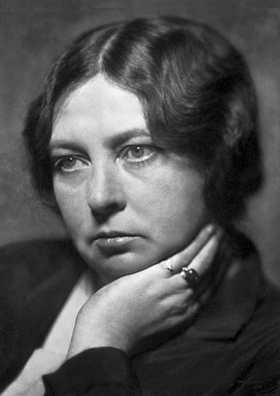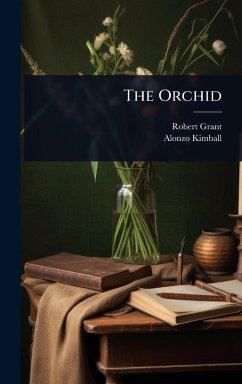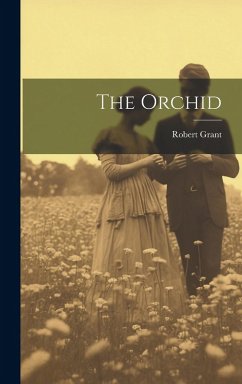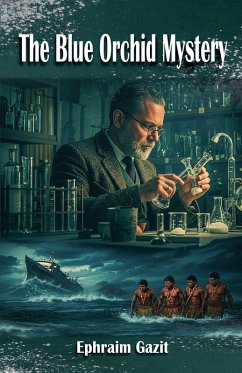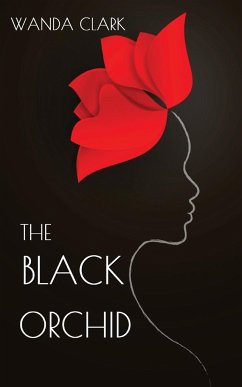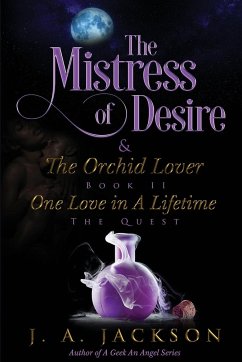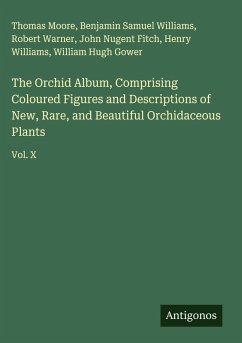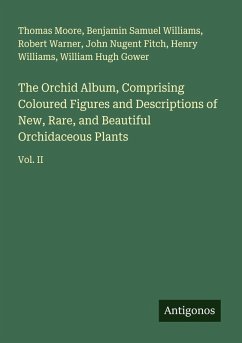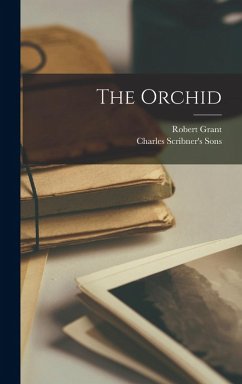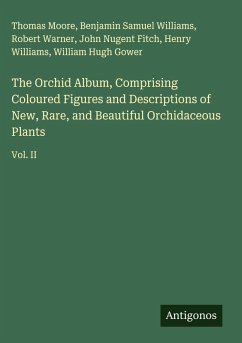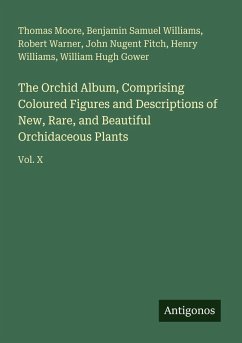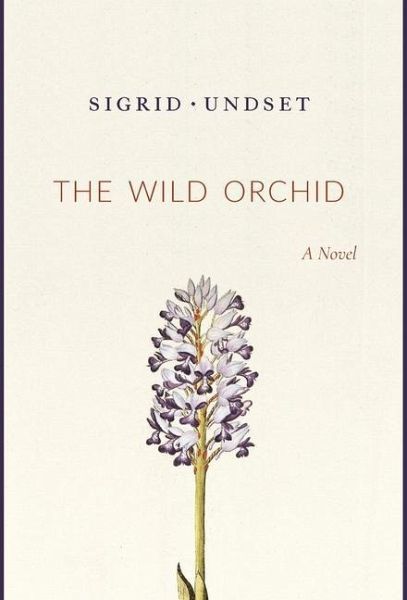
The Wild Orchid
Versandkostenfrei!
Versandfertig in über 4 Wochen
32,99 €
inkl. MwSt.

PAYBACK Punkte
16 °P sammeln!
The Wild Orchid, the first volume of Nobel Prize-winning Undset's novel The Winding Road, is the story of Paul Selmer, a typical child of the experientially emancipated, intellectually enlightened modern age. The son of upper middle class Protestant parents, who divorced when he was a teenager, Paul is raised along with his sister and two brothers by his mother to be a freethinker. Amidst the prosaic trappings of his work and play, the pursuit of a mistress and then a marriage, and with the threat of a world war looming over Norway, Paul yearns for a deeper, more abiding meaning and order for ...
The Wild Orchid, the first volume of Nobel Prize-winning Undset's novel The Winding Road, is the story of Paul Selmer, a typical child of the experientially emancipated, intellectually enlightened modern age. The son of upper middle class Protestant parents, who divorced when he was a teenager, Paul is raised along with his sister and two brothers by his mother to be a freethinker. Amidst the prosaic trappings of his work and play, the pursuit of a mistress and then a marriage, and with the threat of a world war looming over Norway, Paul yearns for a deeper, more abiding meaning and order for his hopes and loves. Similar to Undset's masterpieces Kristin Lavransdatter and The Master of Hestviken, The Wild Orchid manifests the raw honesty and sensitivity with which its author perceives the human experience, capturing the peculiar tensions and harmonies of flesh and spirit in a drama of germinating grace.



